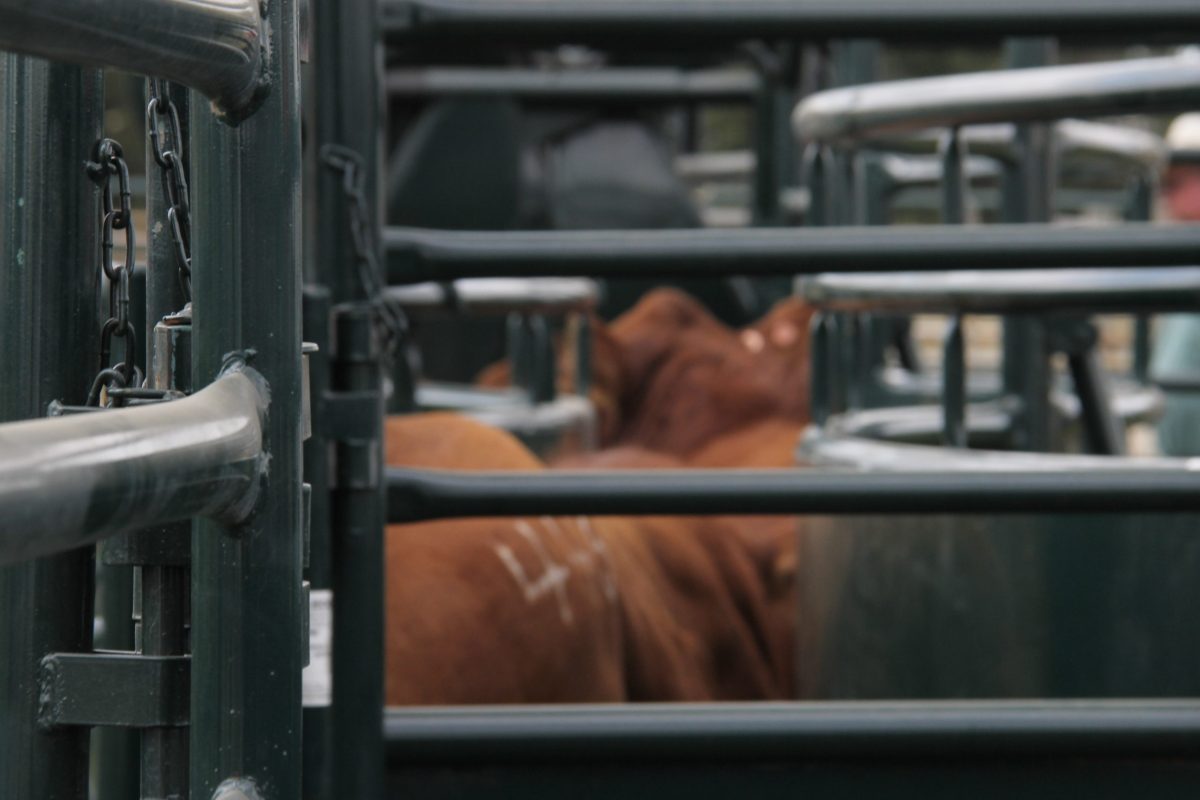WINNIPEG, Manitoba, May 30 (Reuters) – A Canadian shipment of pig feet to China has tested positive for residues of banned growth drug ractopamine and may curb future trade, Canadian government and industry officials say.
China views the tainted shipment as a “systemic failure” of Canada’s program that certifies pork sent to China is free of ractopamine, and the situation “could affect future pork exports,” according to an email to the industry from the Canadian Food Inspection Agency (CFIA). The email circulated on Monday and was obtained by Reuters.
Read Also

U.S. livestock: Cattle mixed on technicals, profit taking after tight supply rally
Chicago | Reuters – Chicago Mercantile Exchange cattle futures ended mixed on Wednesday as tight supplies and higher choice beef…
China, the world’s biggest pork consumer, is one of Canada’s biggest pork markets, importing 314,000 tonnes worth C$587 million in 2016, according to Statistics Canada. Pig feet are a popular dish in China.
The last time China detected ractopamine in a Canadian pork shipment, in 2015, it removed several Canadian processing plants from its list of eligible exporters to China, said Gary Stordy, spokesperson for the Canadian Pork Council, an industry group.
“We’re taking this as a serious situation,” Stordy said. “We want to understand what happened in the program and how we can take corrective action.”
Stordy said he expects China to de-list the Canadian plant responsible for the shipment, adding that it is unclear if there were multiple shipments and plants involved.
CFIA, which could not immediately comment, certifies that Canadian pork sent to China is free of ractopamine, based on verification from farmers, feed mills and pork processors. China bans ractopamine, sold as an Eli Lilly & Co drug called Paylean, because of concerns about food safety.
Chinese authorities have stepped up testing of Canadian pork for ractopamine as a result of the tainted shipment, CFIA said.














